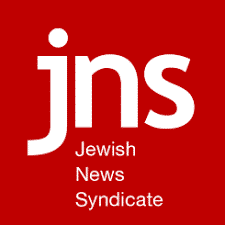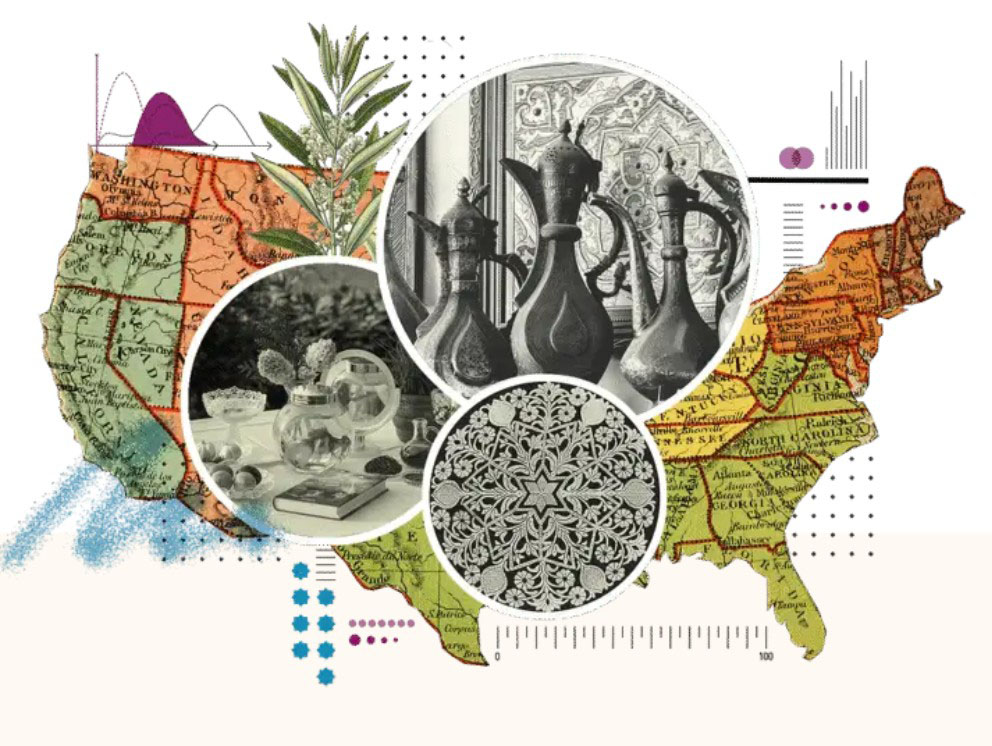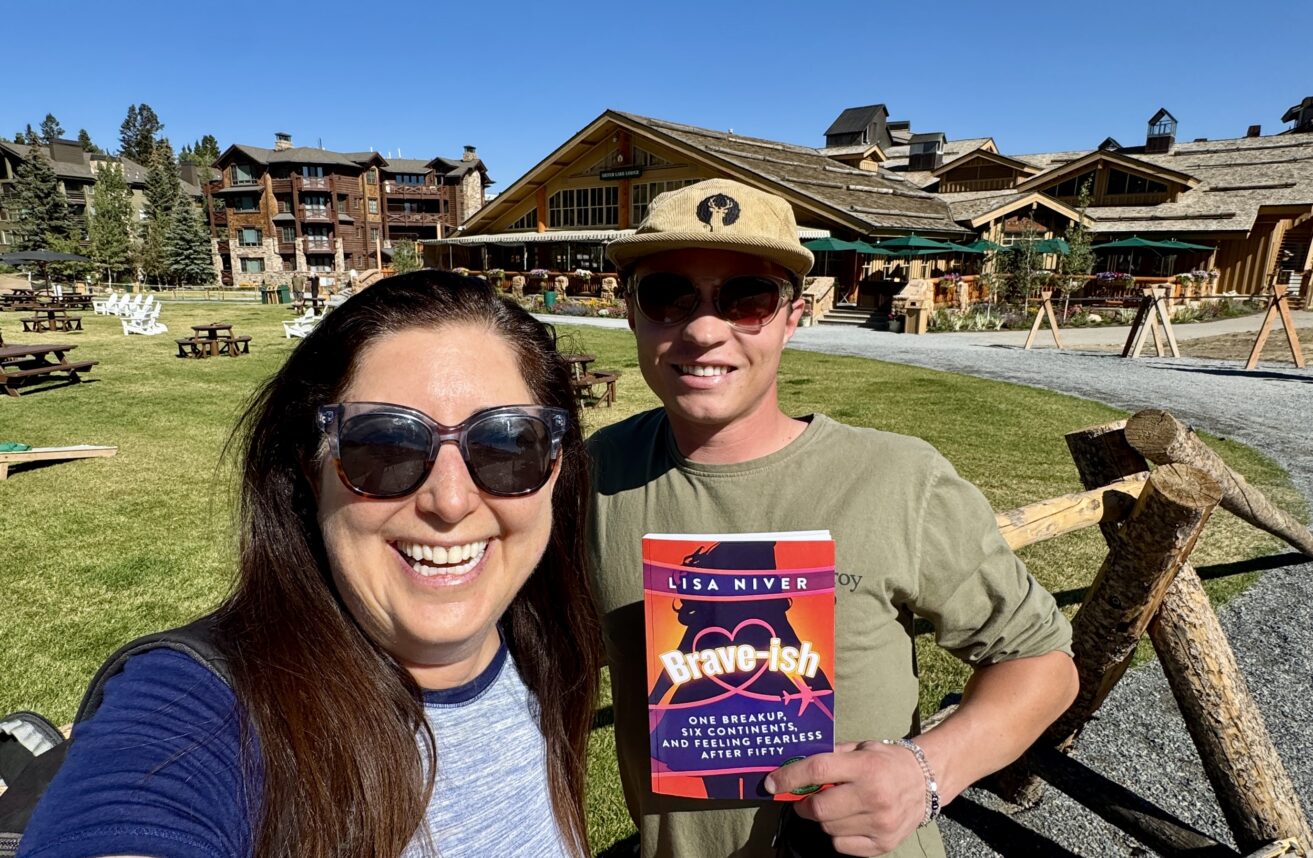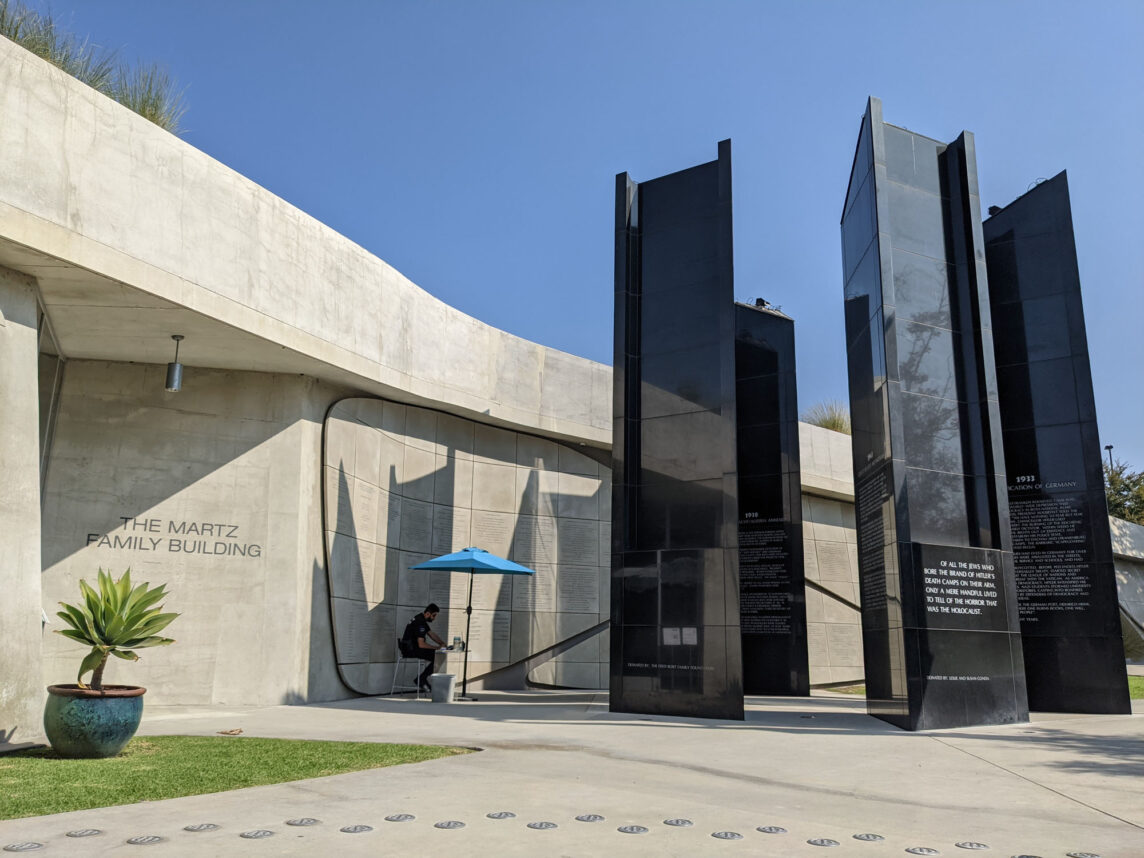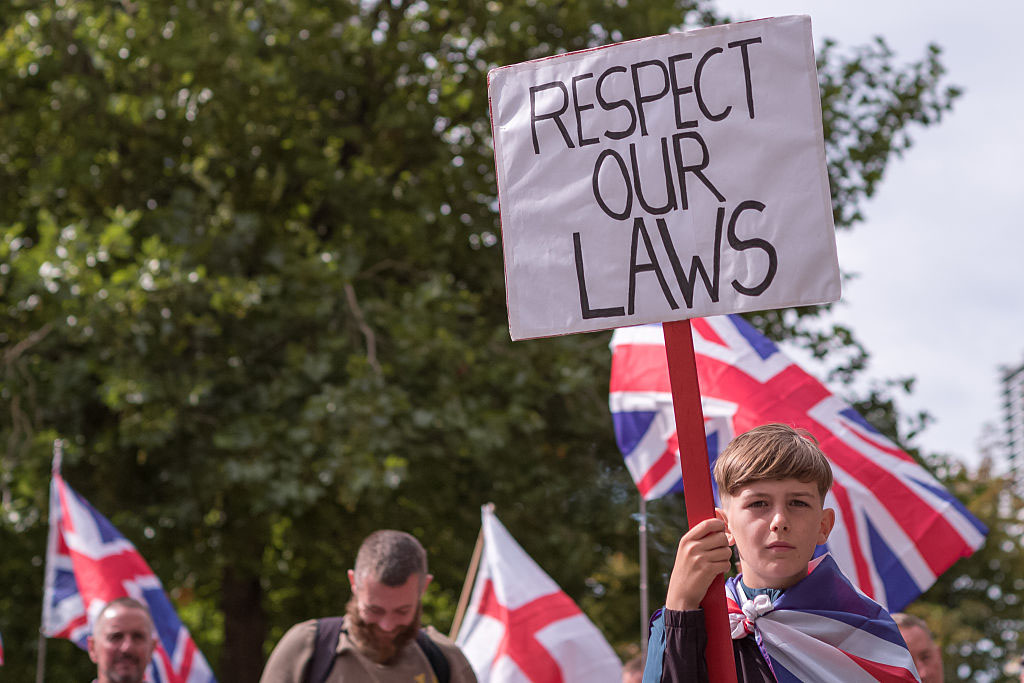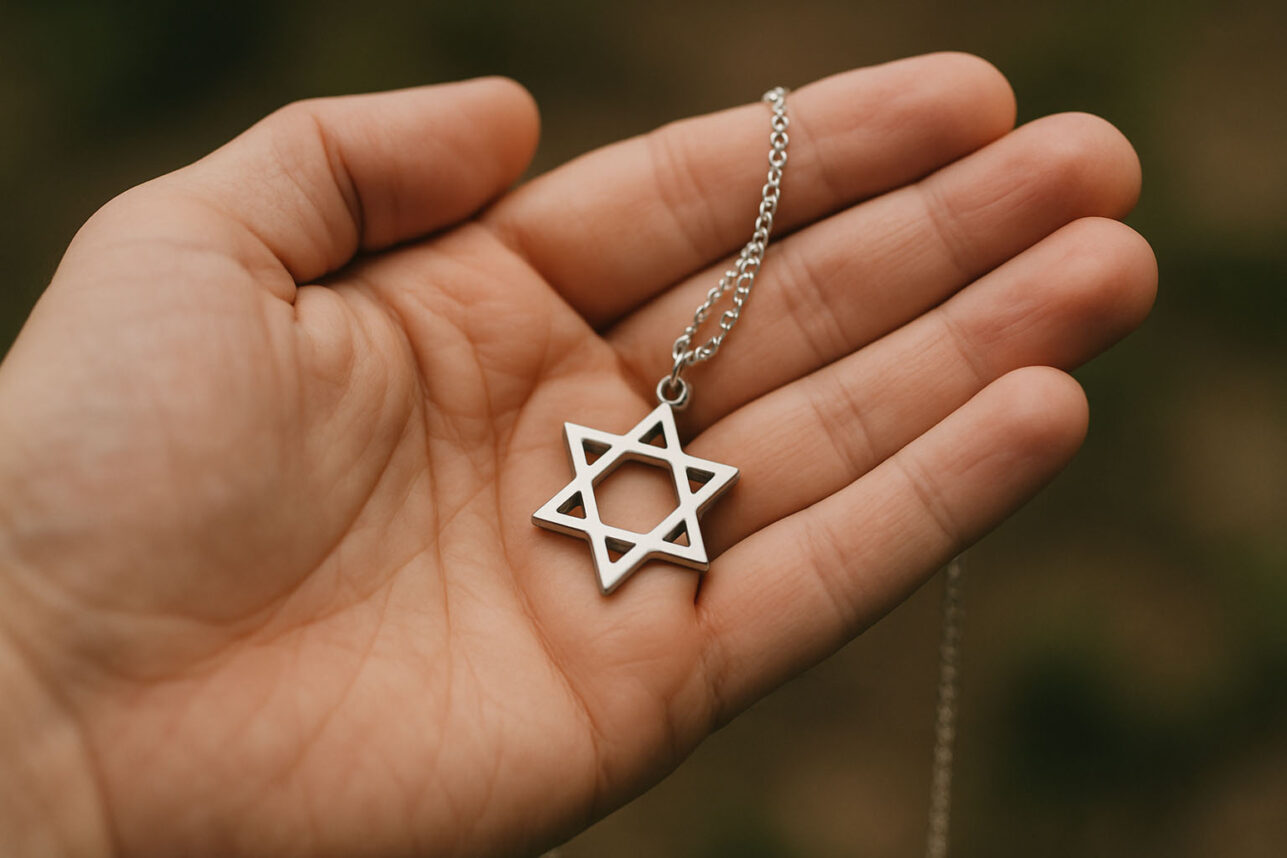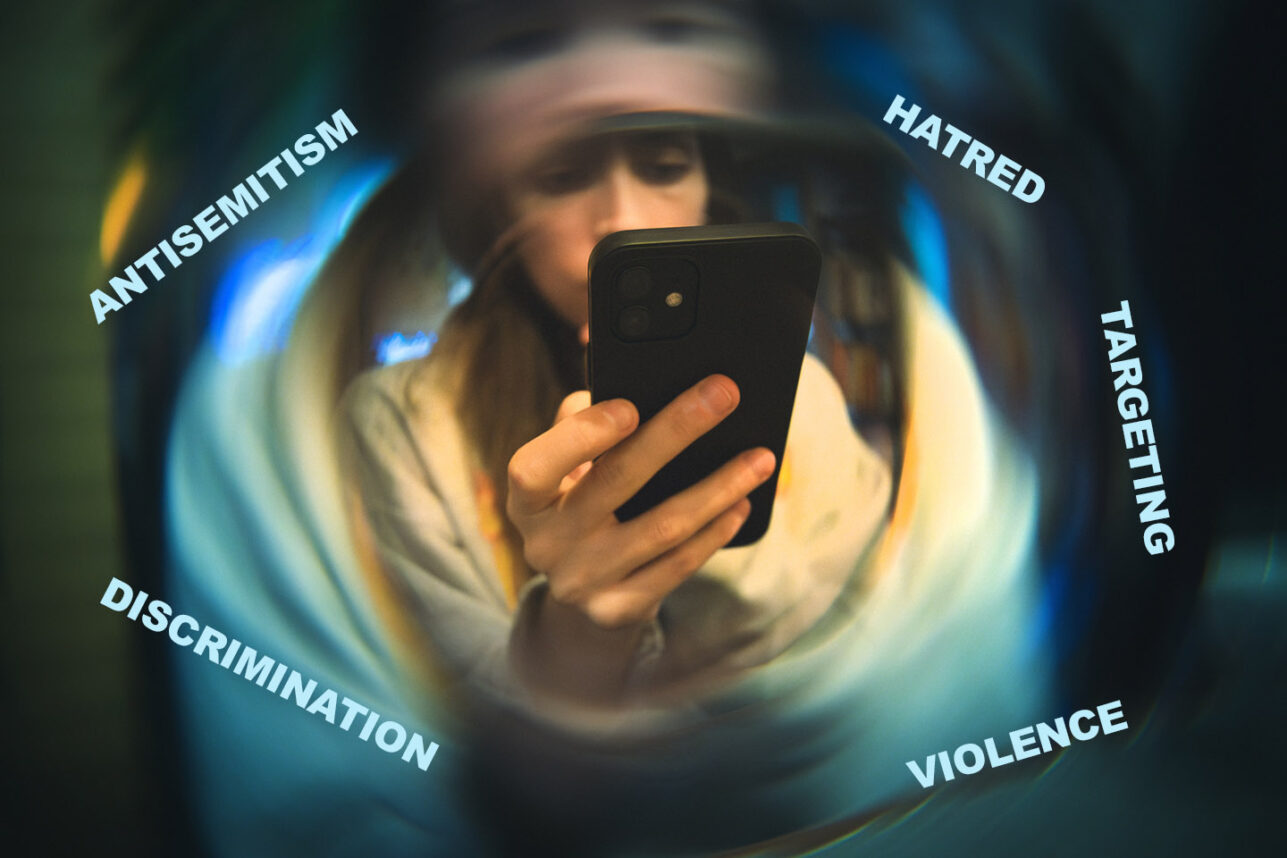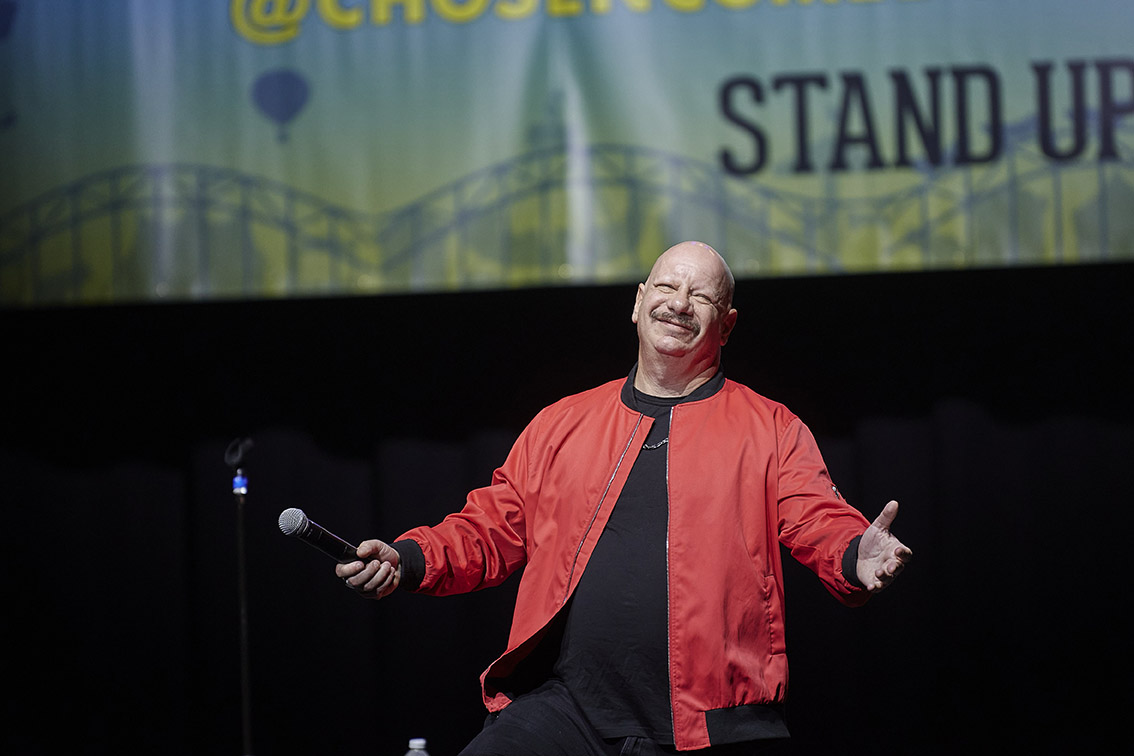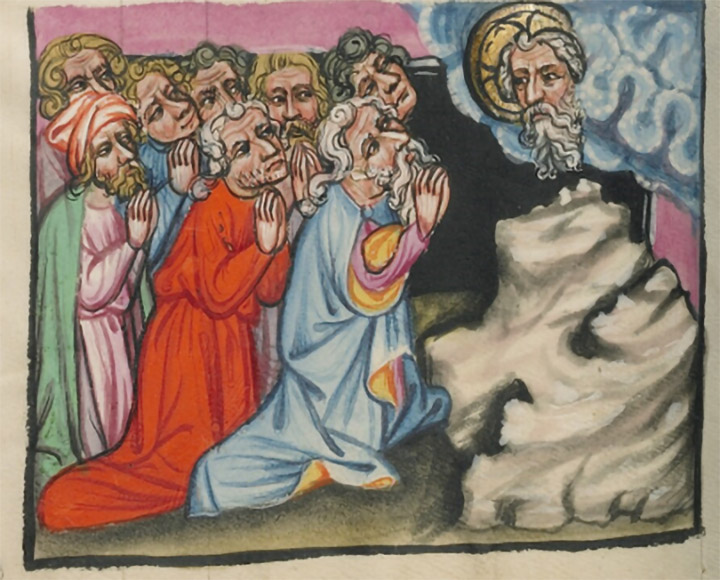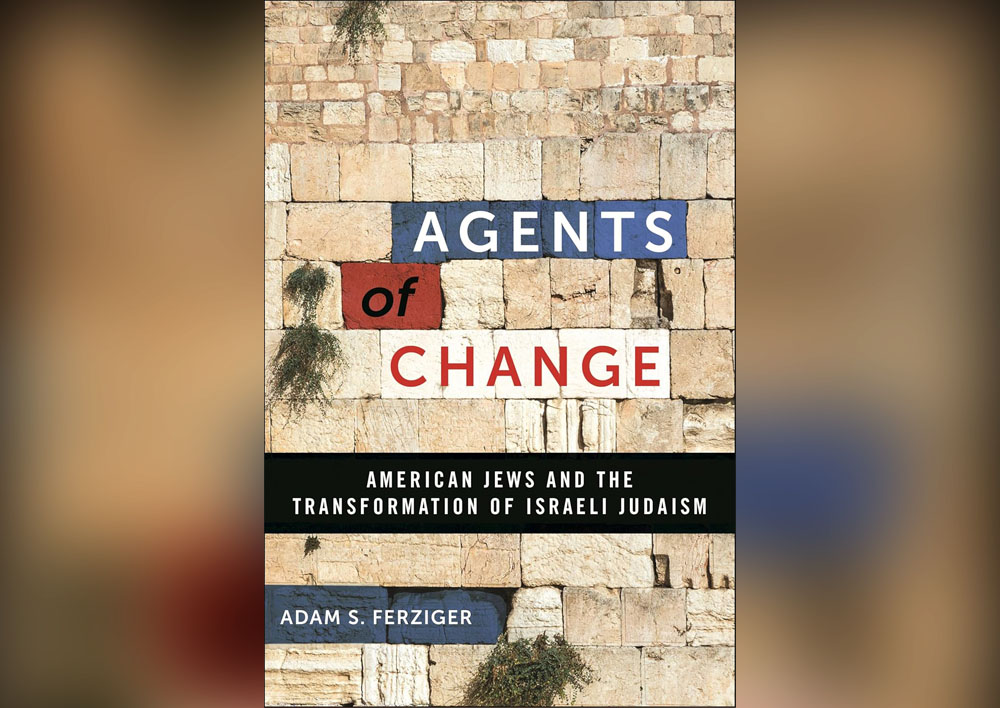
After nearly four years of litigation, the National Lawyers Guild—a nonprofit organization that purports to be a storied network of human-rights activists—succumbed to pressure to settle a lawsuit that, ironically, stemmed from the Guild’s flagrant violation of long-existing human-rights laws. The settlement is a watershed moment for Israeli and Jewish civil and human rights. It represents a harsh blow to the BDS campaign to economically isolate Israelis and the Jewish state (i.e., to discriminate in commercial activities based on national origin).
The Guild, which has chapters across the United States, has long been a staunch adherent of this hateful campaign. The Guild specifically cited its support for BDS, which outwardly calls for violations of human rights and anti-discrimination law, in the very organizational policy that resulted in legal action. The lawsuit was filed by David Abrams, executive director of the Zionist Advocacy Center, represented pro bono by the Lawfare Project, a New York-based legal think tank and litigation fund dedicated to enforcing the rights of the Jewish people worldwide.
The lawsuit arose in 2016, after Bibliotechnical Athenaeum, an Israeli company, sought to purchase ad space in the Guild’s annual gala “dinner journal,” an offering open to the public at large without restriction.
Shortly after paying the $200 fee, Bibliotechnical received an e-mail, signed by the Guild’s National Office, informing that the sale would not be completed because the Guild had an organizational resolution barring it from accepting funds from Israelis. In other words, this self-proclaimed champion of human rights refused to do business with another party purely because of the latter’s national origin.
Such a refusal is explicitly forbidden under the New York State Human Rights Law (and nearly identical New York City law), enacted in 1976 in response to boycotts of Jewish businesses related to the Arab League Boycott of Israel. Under these laws, it is unlawful to boycott, refuse to buy from sell to or otherwise discriminate against anyone based on national origin, just as it would be illegal to discriminate against anyone based on race, religion or other protected statuses.
In a major victory for Israelis and the American-Jewish community, the Guild committed itself in the legally binding settlement to refrain from this discrimination in any of its activities. It also affirmed that no existing or future organizational resolutions are to be interpreted as to require discrimination against Israelis.
Moreover, as a demonstration of its newfound dedication to compliance with the applicable laws, the Guild agreed to break its own boycott by selling ad space to Bibliotechnical in its next dinner journal or equivalent publication.
While the Guild and its members are entitled to freedom of speech, they can never again act in furtherance of this unlawful boycott, lest they find themselves back in court.
Benjamin Ryberg is Chief Operating Officer and director of research at The Lawfare Project.

